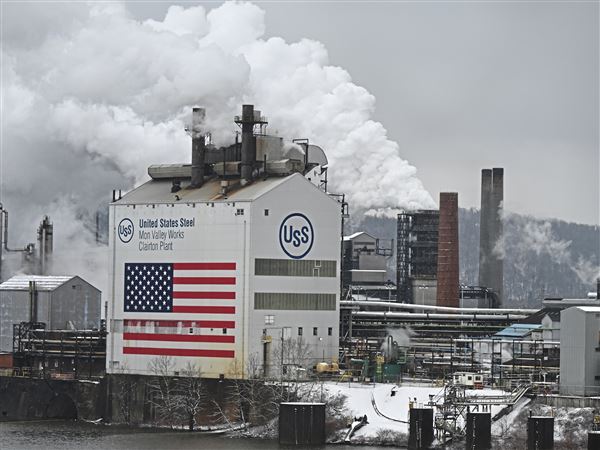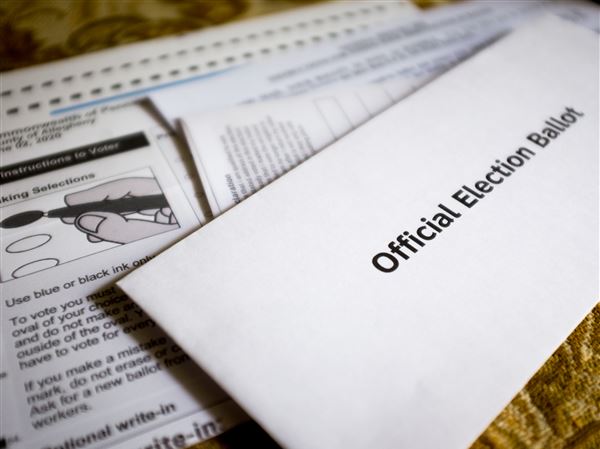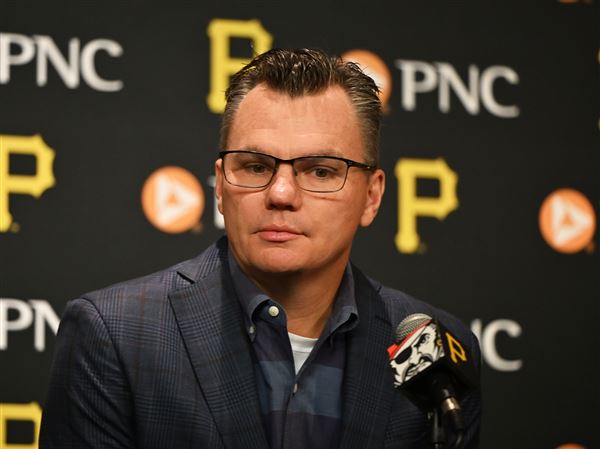Natural gas prices might have recovered from their bottom in 2012, but gas customers in Pennsylvania are still paying about half what they were five years ago.
Meanwhile, fewer than 50 percent of the state’s citizens have access to residential natural gas service, and the state’s utilities are trying to close that gap.
Columbia Gas of Pennsylvania, which serves more than 400,000 customers in Western Pennsylvania and the Greater York area, has launched a pilot program aimed at expanding its service to residents in those service areas. The program was approved by Pennsylvania’s Public Utility Commission late last month.
Columbia Gas of Pennsylvania is a subsidiary of Indiana-based NiSource.
Under the pilot program, customers who add a new gas line to their property have the option to pay for the cost of new installation with a surcharge added to their monthly bill. Previously, potential new customers were faced with the sticker shock of an upfront charge for infrastructure work.
“This gives people another option to have gas service extended to them,” said Russell Bedell, a spokesman for Columbia Gas of Pennsylvania. “In the past, they had to do an upfront payment. We think this is a way we can get gas to more people.”
The price tag for that type of infrastructure work can often eclipse $10,000 — sometimes more if the terrain proves challenging or the destinations remote. The surcharge stretches payments out over a 20-year period. The charge sticks with the meter, so if the homeowner who authorized the work sells the property, the new owner inherits the remainder of the cost.
The plan is similar to one proposed by Peoples Natural Gas in its most recent tariff. The Pennsylvania Office of Consumer Advocate and the Office of Small Business Advocate filed a formal complaint against the rider in order to ensure consumers are not being overcharged. The PUC is investigating that rider.
Both organizations also filed formal complaints against Columbia’s rider. In a brief submitted to the PUC, officials with the Office of Consumer Advocate wrote that while it appreciates Columbia’s efforts to expand natural gas service, it believes the pilot program did not do enough to make new service installation more economically feasible. The Office of Consumer Advocate did not instruct the PUC to reject the rider, only that it adopt modifications.
The PUC passed the rider without those recommendations.
“I have been a staunch proponent of innovative programs to encourage the extension of natural gas into underserved and unserved areas of the commonwealth,” PUC Commissioner Pamela Witmer said in a news release. “Pennsylvania sits on top of one of the largest natural gas reserves in the world. As a result, Pennsylvania consumers, residential and industrial, should have every reasonable opportunity to take advantage of this efficient and clean burning natural resource.”
Though the rider passed with a 5-0 vote, PUC commissioner James Cawley issued a separate statement saying Columbia’s plan did not do enough to warn new home buyers of the potential extra costs.
“I recognize that my suggestion ventures into an area over which the commission arguably lacks jurisdiction,” Mr. Cawley wrote, “but failure to provide notice to unsuspecting consumers will only lead to serious disputes later and potentially undermine what could be a significant and beneficial program.”
Columbia proposed the program in its 2012 rate case but tabled the idea in order to move its case along. It reintroduced the plan in February as a result of increasing demand for access to the affordable fuel.
The Henry Hub spot market price was $3.56 per million British thermal units (MMBtu) last week, compared to $6.78 in October 2008.
Those without access to natural gas use electricity, heating oil, propane or other fuels to heat their homes and service other appliances. But as Marcellus Shale drilling has helped lower natural gas prices domestically, that means those residents often face higher bills than natural gas customers do.
“Natural gas prices are the lowest and most stable in nearly a decade,” Mr. Bedell said. “Based on recent pricing, Pennsylvania residents can save up to 40 percent.”
Columbia Gas of Pennsylvania has pledged $4 million toward the project over the next four years and will evaluate requests for new service based on how it can best invest that money. That money will be recovered in the surcharge.
That bodes well for towns and developments that are not connected to a gas main, as the company can stretch its investment to cover a lot of properties. Those communities also can share the cost of the infrastructure improvements.
Interested potential customers are asked to call Columbia’s new business development department at 1-800-440-6111. Mr. Bedell said customers who commit to new installation can have their projects start immediately, but it might be a couple months before new service is up and running.
Michael Sanserino: msanserino@post-gazette.com, 412-263-1969 and Twitter @msanserino.
First Published: November 4, 2014, 11:09 a.m.
















